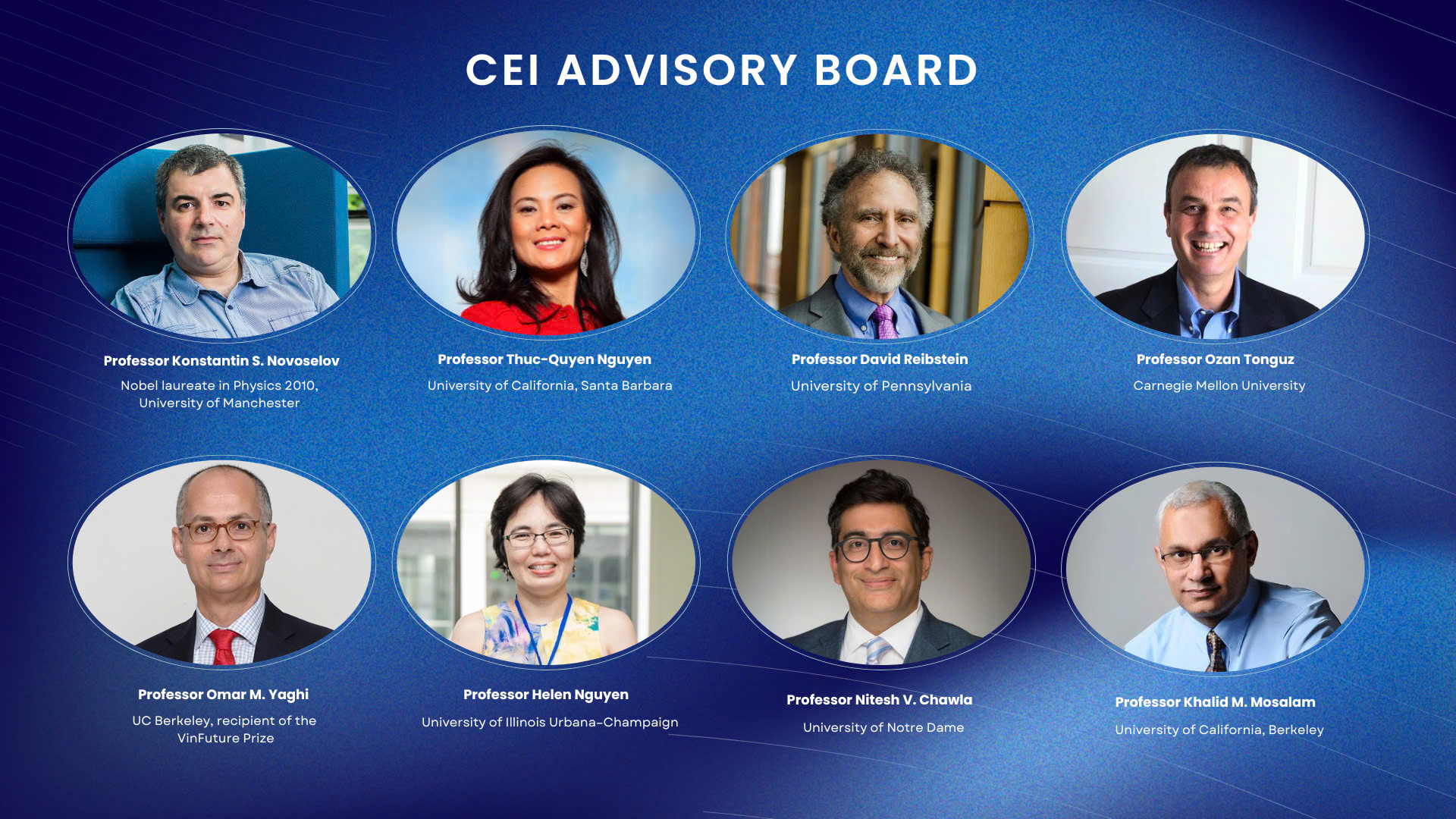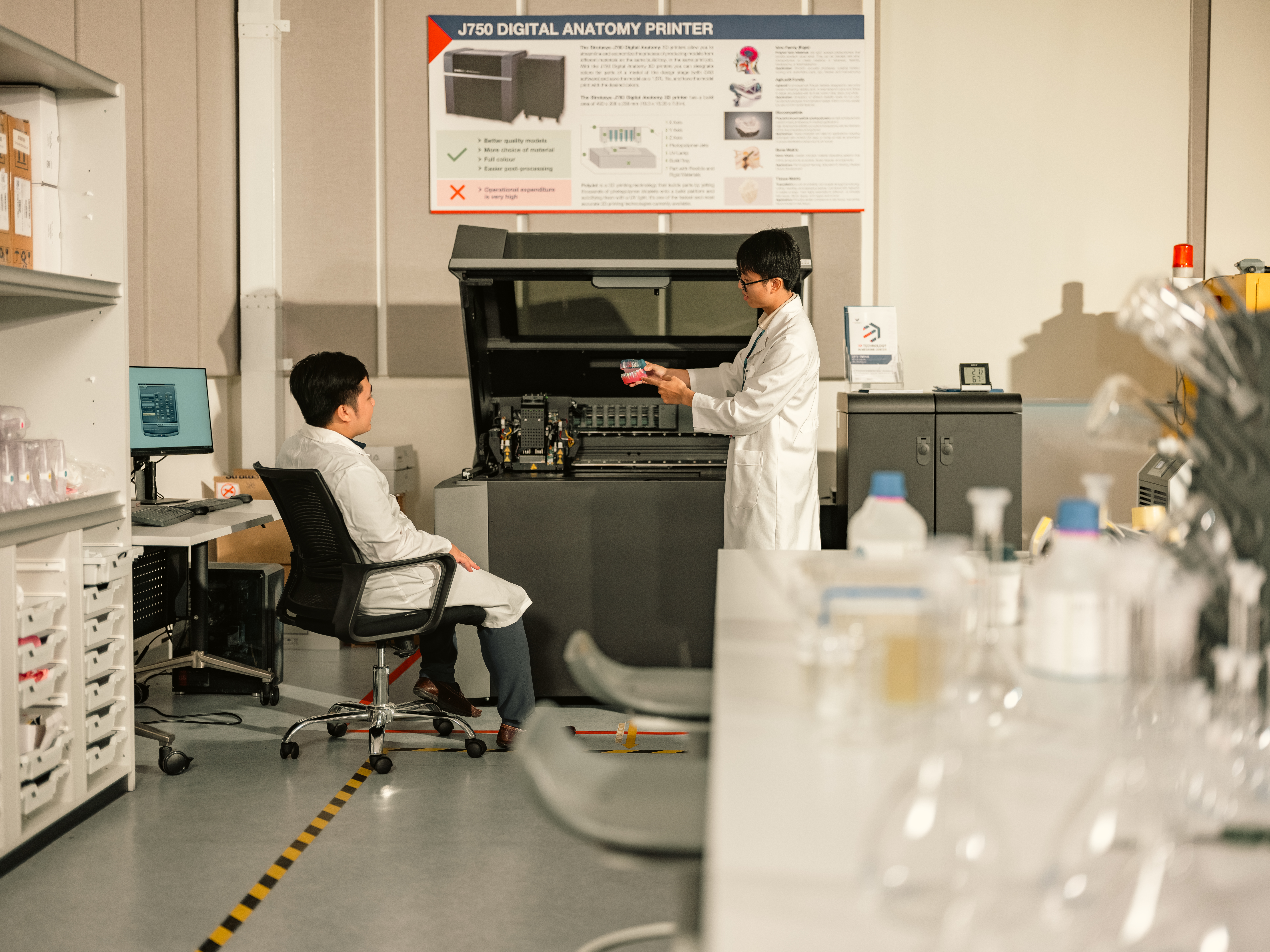The core of this research lies in engineering fibers and textiles that can serve as portable, flexible sensing/energy generation/energy storage devices.
A major objective is to create these solar textiles that will have the capability to power a wide range of devices, particularly those connected to the Internet of Things (IoT). IoT devices, which range from home appliances to healthcare monitors, require continuous power to collect and transmit data. By embedding solar energy harvesting and storage capabilities directly into the fabric, these textiles will provide a sustainable energy solution, reducing reliance on traditional power sources and batteries.
In parallel, flexible sensing devices on fibers and textiles will used in environmental monitoring (e.g. water pollution and water level).






